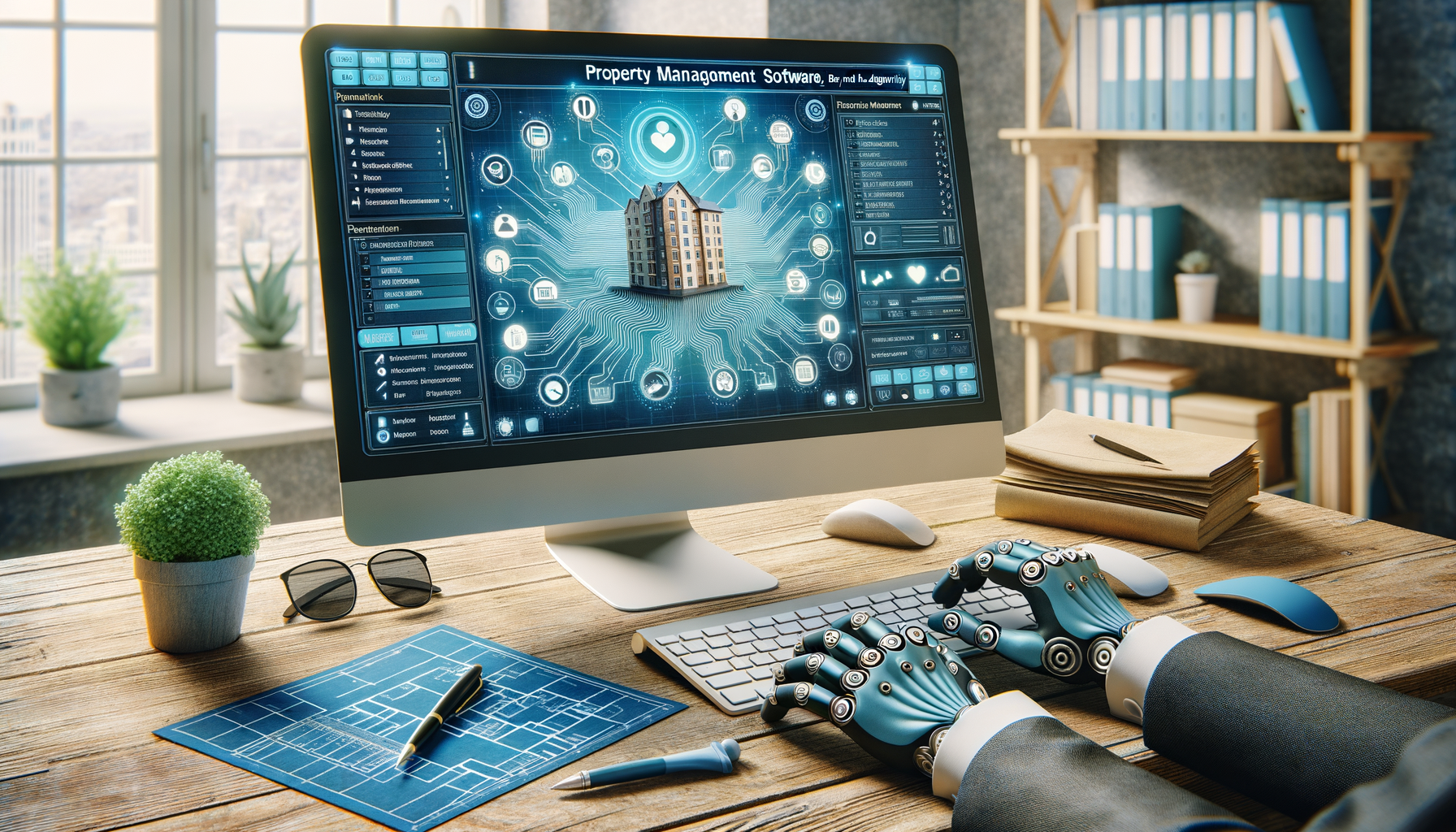The Role of Property Management Software
Property management software has revolutionized the way property managers handle their day-to-day tasks. These tools allow managers to automate many processes, such as rent collection, maintenance requests, and tenant communication. This automation not only saves time but also reduces the chance of human error. By integrating various functions into a single platform, property management software provides a streamlined approach to managing properties. However, it’s important to recognize that while these tools are powerful, they are not a panacea for all property management challenges.
One of the primary advantages of property management software is its ability to handle large amounts of data efficiently. Managers can easily access tenant information, financial records, and maintenance logs, all of which are crucial for making informed decisions. Additionally, many software solutions offer analytical tools that can help managers identify trends and make predictions about future property needs. Despite these capabilities, there are aspects of property management that still require a human touch.
While the software can manage data and automate tasks, it cannot replace the human skills necessary for building relationships, negotiating complex situations, or providing personalized service. These are areas where human involvement is not only beneficial but essential. As technology continues to evolve, the role of humans in property management will also need to adapt, focusing on areas where they can add unique value.
Human Interaction and Relationship Building
Despite the efficiency of property management software, human interaction remains a critical element of effective property management. Building and maintaining relationships with tenants, owners, and service providers requires empathy, communication skills, and an understanding of human behavior. These are qualities that software cannot replicate. Human interaction is essential for resolving conflicts, negotiating lease terms, and ensuring tenant satisfaction.
For example, when a tenant has a complaint or a request, a personal touch can make all the difference. A property manager who listens actively and responds empathetically can build trust and foster a positive relationship with the tenant. This human connection can lead to higher tenant retention rates and a better overall reputation for the property.
Additionally, property managers often need to negotiate with various stakeholders, such as contractors or property owners. These negotiations require a nuanced understanding of each party’s needs and the ability to find mutually beneficial solutions. While software can provide data to support these negotiations, the human element is crucial for achieving successful outcomes.
Problem Solving and Critical Thinking
Property management often involves complex problem-solving and critical thinking, areas where human skills are indispensable. While software can identify trends and provide data-driven insights, it cannot replace the creative problem-solving abilities of a skilled property manager. When unexpected issues arise, such as a sudden maintenance emergency or a legal dispute, property managers must think on their feet and develop effective solutions quickly.
For instance, if a property experiences a plumbing emergency, the software can help track maintenance requests and contact service providers, but it is up to the property manager to prioritize tasks, communicate with tenants, and ensure that the issue is resolved promptly. This requires not only logistical skills but also the ability to remain calm under pressure and make decisions that balance the needs of all parties involved.
Moreover, critical thinking is essential when evaluating potential improvements or investments in a property. A property manager must weigh the costs and benefits, consider market trends, and assess the impact on tenant satisfaction. While software can provide valuable data, the final decision-making process relies heavily on human judgment and expertise.
Providing Personalized Service
In an era where automation is becoming increasingly prevalent, personalized service remains a key differentiator in property management. Tenants value the personal attention and customized solutions that only a human property manager can provide. While software can standardize processes, it cannot tailor services to meet the unique needs of each tenant.
For example, a property manager might organize community events or offer personalized lease terms to accommodate a tenant’s specific circumstances. These gestures not only enhance tenant satisfaction but also create a sense of community and belonging within the property. Personalized service can lead to higher tenant retention and positive word-of-mouth referrals, which are invaluable for property owners.
Furthermore, property managers who take the time to understand their tenants’ needs and preferences can anticipate issues before they arise and proactively address them. This level of service requires a deep understanding of human behavior and the ability to connect with tenants on a personal level, qualities that software cannot replicate.
Conclusion: The Human Touch in Property Management
While property management software offers numerous benefits, it is not a substitute for the human touch that is essential in many aspects of property management. From building relationships and solving complex problems to providing personalized service, human skills remain irreplaceable. As technology continues to advance, property managers must leverage these tools while honing their human skills to deliver exceptional service and achieve successful outcomes.
In conclusion, the future of property management lies in the seamless integration of technology and human expertise. By embracing both, property managers can enhance their efficiency and effectiveness, ultimately benefiting tenants, property owners, and the broader community. The key is to recognize the unique value that humans bring to the table and to focus on areas where they can make the greatest impact.




Leave a Reply